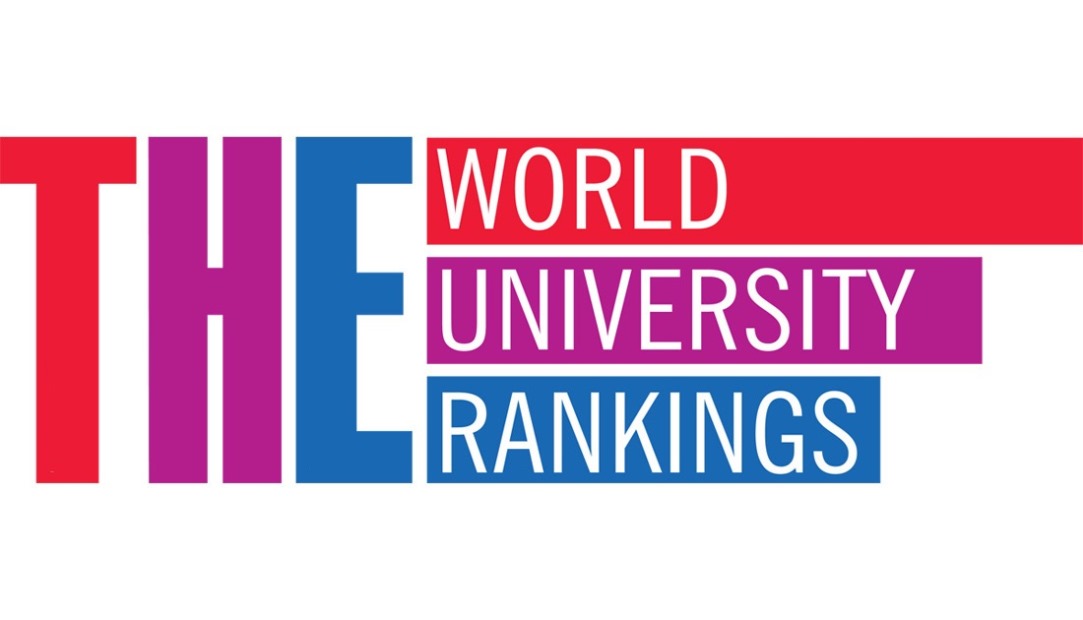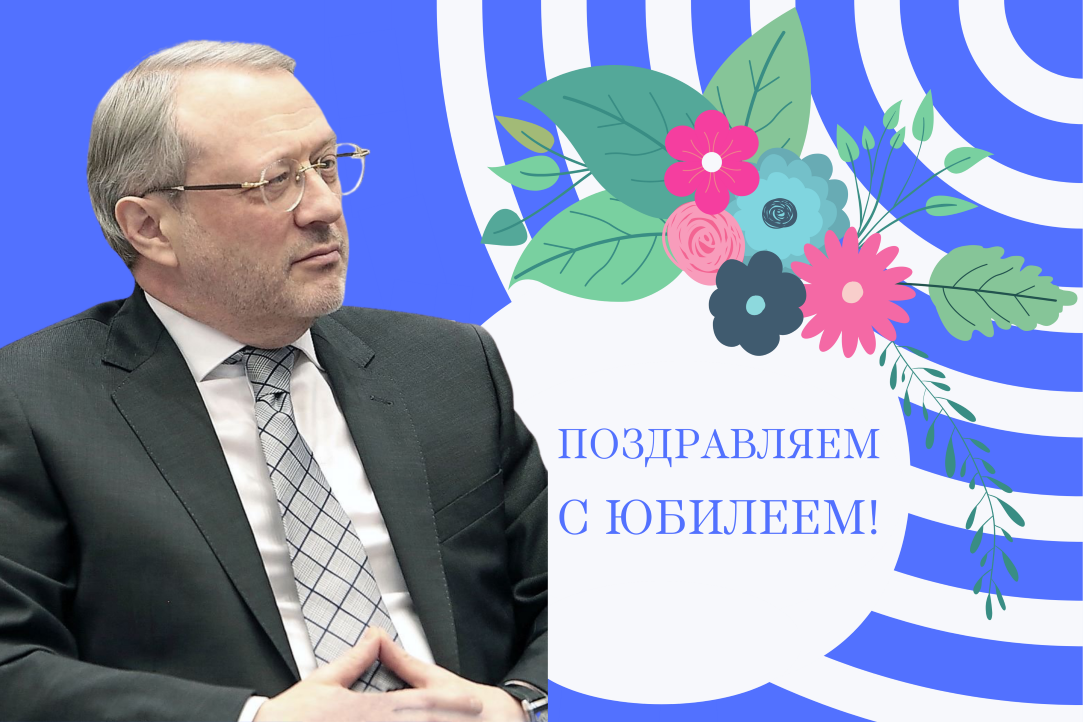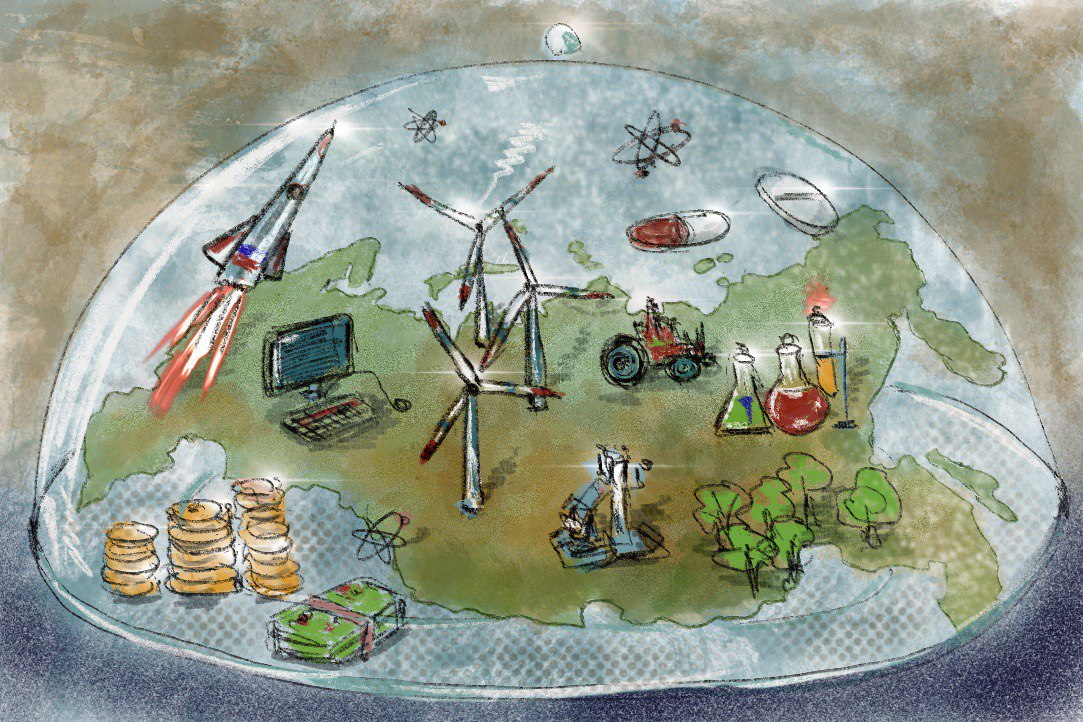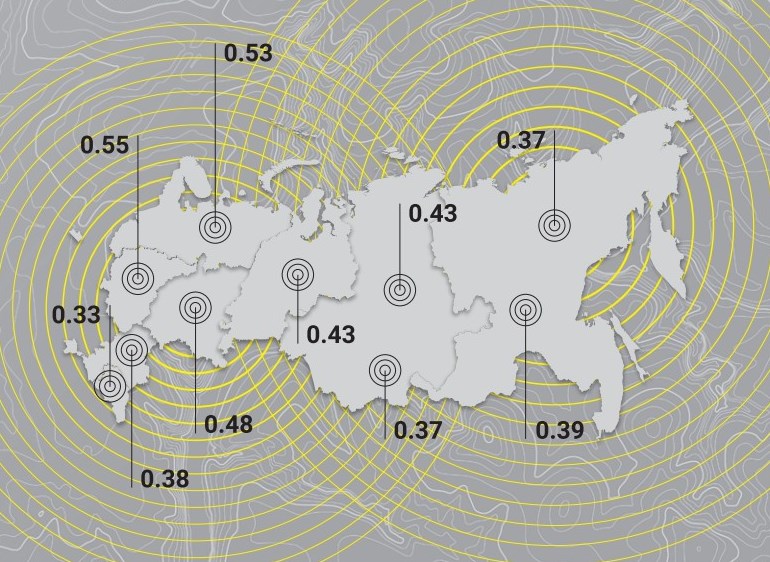
Foresight and STI Governance Maintains Leading Positions in Academic Journal Rankings
The Foresight and STI Governance journal published by the HSE Institute for Statistical Studies and Economics of Knowledge is included in the first (top) level of the Russian White List, which will be applied to assess researchers’ publication activity instead of the quartiles of academic publication rankings. The journal has also improved its performance in the leading international database Scopus which has recently updated its lists of peer-reviewed scientific journals, once again confirming its place in the first quartile (Q1).
10 Facts about ISSEK
2022 marked 20 years since the HSE Institute for Statistical Studies and Economics of Knowledge has been founded. To celebrate this 20th Anniversary, we selected key events and facts in ISSEK’s history that sparked reflective discussions in academia, set new milestones for HSE University, or encouraged development in various sectors of the Russian economy and public life.

How do digital technologies affect human well-being?
The Human Capital Multidisciplinary Research Center has published the 12th issue of the scientific digest. It presents the results of a comparative study of the conditions created for the impact of digital technologies on well-being and quality of life in Russia and the OECD, carried out by the Institute for Statistical Studies and Economics of Knowledge (HSE University).

A New Pocket Data Book Has Been Released in the ‘Digital Economy’ Series
The HSE Institute for Statistical Studies and Economics of Knowledge, in partnership with the Ministry of Digital Development, Communications and Mass Media of the Russian Federation and Rosstat, has released new pocket data book in the ‘Digital Economy’ series. The publication presents a wide range of indicators describing the state and dynamics of the digital economy development in Russia. For some indicators, international comparisons are available, and for the first time a section on the children and teenagers’ engagement in the digital environment is included.

Science and Technology Trends in International Dialogue
Domestic and foreign policies of leading countries reveal an ever more outstanding science and technology agenda. The participants of the XI International Academic Conference ‘Foresight and Science, Technology and Innovation Policy’, conducted on October 15–25, 2021, reviewed new aspects of doing joint R&D projects that the countries have considered and ways of securing competitive advantages of national science through strengthening ties with both businesses and authorities and engaging a wider audience.

Generations Communicating in Digital Environment
Gadgets have been gaining strong, and different, influence over the daily tasks of Russians: on the one hand, they reinforce our connectedness to the world during the harshest lockdown, on the other — the contact between real individuals or even generations is getting weaker. Robots help automate routine tasks, as well as learn how to make rather autonomous decisions, and yet it is unclear, who should be responsible for those decisions. The XI International Academic Conference ‘Foresight and Science, Technology and Innovation Policy’, conducted online on October 15–25, 2021, started with a comprehensive analysis studying the social effects of digitalisation.

HSE University Consistently Ranks Among Top 3 Russian Universities
HSE University has been named a leading Russian university in the Times Higher Education (THE) rankings for the fourth year in a row. HSE ranked third among Russian universities and appeared in the 301–350 bracket worldwide.

Talent to Foresee and Measure New Things
Today we congratulate Leonid Gokhberg, First Vice Rector and Director of the HSE Institute of Statistical Studies and Economics of Knowledge with his anniversary.

Race Against Time: Russia’s Path to Sustainable Development and the Role of Science and Technology
UNESCO has released its seventh official Science Report. The document is published every five years*. This Science Report’s title, ‘The Race Against Time for Smarter Development’, reflects the trajectory of global transformation stipulated by the United Nations in its 17 Sustainable Development Goals (SDGs) to be achieved by 2030, from ending poverty to protecting the planet’s natural resources. The authors of the Report describe how science contributes to these goals, analyze global scientific trends, and present 23 detailed regional and national cases. Below, IQ.HSE examines the objectives Russian science is pursuing in the context of the SDGs and what efforts it is taking to achieve them. This article is based on the Russian chapter of the Report prepared by Leonid Gokhberg, First Vice Rector, Director of the Institute for Statistical Studies and Economics of Knowledge (ISSEK) of HSE University, and Tatiana Kuznetsova, Academic Supervisor of the Centre for Science, Technology, Innovation and Information Policy at ISSEK, HSE University.

HSE University Publishes Seventh Issue of Russian Regional Innovation Scoreboard
Moscow has kept its leading position on the Russian Innovational Scoreboard. The city demonstrates the highest level of economic, educational, and digital development. Second place goes to Saint Petersburg, and third place goes to the Republic of Tatarstan. The leaders also include the Tomsk Region, the Nizhny Novgorod Region, and the Moscow Region. These are the main results of the seventh issue of the Russian Innovational Scoreboard prepared by the Institute for Statistical Studies and Economics of Knowledge (ISSEK), HSE University.

